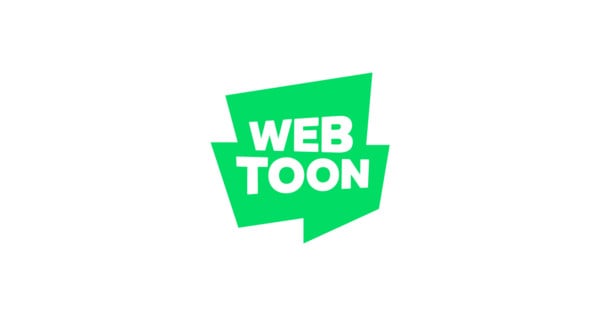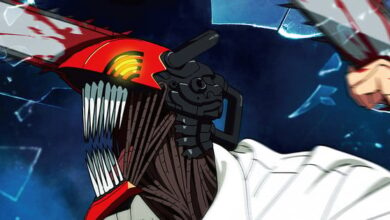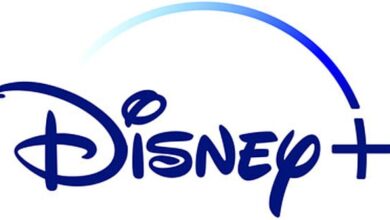WEBTOON Disputes Union’s Unpaid Labor Allegations

Following the Anime News Network report on November 5 article Allegations of unfair labor practices against Naver webcomicKiel Hume, Vice President and Head of Global Communications webcomic The entertainment industry commented on several points raised in the report.
Hume emphasized that the original text “only refers to Naver webcomic “In Korea,” not the company’s U.S. operations. He also pointed out webcomic The creator is not an employee of Naver webcomic As the Anime News Network article originally stated, the dispute involves contracts related to the competition.
The company dismissed claims that creators must produce episodes for free before signing official contracts.
“Contest winners can sign a contract immediately. For works that advance to official serialization, we require three episode manuscripts. Although extremely rare, we will compensate creators for their work even if serialization does not proceed. Therefore, claims about unpaid labor are inappropriate and untrue,” Hume said.
according to a webcomic Creator candidates reported their experiences to the union, and creators selected through company competitions typically need to produce three to eight full episodes before signing a formal contract. During this time, they claimed they were also required to refine materials such as storylines and character designs that were originally submitted for the competition, without having to pay any fees.
The union said the revision period could last from a few months to as long as three years. One artist told ANN, “I went through dozens of revisions. Editors kept interfering, and even a year after making the deal with my producer, a new supervisor came in and told me to start over.”
Neville webcomic It also disputes the description of contract terms contained in its original report. The company said the claim webcomic It is “not true” to retain some intellectual property rights or use the works for artificial intelligence training without consent.
“Creators retain all rights to their underlying intellectual property, and we do not train AI on creators’ content,” Hume said.
this webcomic The Creators Alliance provided part of Naver’s content to ANN webcomic contract, which it claims allows the company to retain some intellectual property in perpetuity and use the work for artificial intelligence training without explicit consent. Part of the contract is as follows (Korean translation):
Provider Granted NAVER webcomic Permits use of content directly or through its affiliates for research purposes aimed at improving NAVER webcomicservices and enhance system performance. The term “for research purposes” as mentioned in this article specifically includes the following:
Used as data for research projects conducted by NAVER webcomicof in-house researchers;
NAVER provides data to universities or other academic institutions when webcomic Participate in industry-university joint research projects;
Data used for joint or commissioned research with NAVER webcomicsubsidiaries.
webcomic Shin-a Ha, head of the Creators Alliance, told ANN, “The contract allows Naver to use creators’ works as research data at its own discretion, meaning the content can be used as artificial intelligence training materials without restrictions.”
Kim is in the divine, that’s all. webcomic Head of Artificial Intelligence and Data at Naver webcomic Interviewed by South Korea’s JoongAng Ilbo March. The company has since launched an AI Painter tool for creators, an AI-driven curation tool for readers, ToonRadar (an online piracy detection system), various camera filters, and a character chat program.
“We built the AI and data teams so that we don’t just sprinkle a little bit of AI here and there, but fully integrate AI into the fundamentals of the company,” Dae-sik said.
Addressing concerns that creators need prior approval before working with other agencies or undertaking outside projects, Hume called that explanation “a misunderstanding.”
“There is no obligation to notify the platform. Signing a management contract is 100% the author’s choice,” Hume explains. “We offer a variety of contracts based on the creator’s expectations and goals. Exclusivity is common in the industry and commission fees are always disclosed and tailored to support the creator’s ambitions.”
The alliance claims that some contracts reportedly include a clause requiring creators to obtain prior approval from the platform before they can collaborate with other institutions or engage in creative activities elsewhere. The union added that Naver webcomic When creators give paid lectures or media appearances, they receive a portion of the compensation.
The company also objected to characterizations that suggested a lack of transparency in its payment or ranking systems.
“Since 2012, we have operated a system that allows creators to view their sales in real time, transparently disclosing the billing and payment process,” Hume said.
Creators currently serializing on Naver webcomic An anonymous source said, “Even with global success, we see little return. In some markets, Naver accounts for 90% of overseas revenue, sometimes up to 70%. Many creators accept it because 10% is still enough to make ends meet. But there is no transparency in how rankings, promotions or ad spend are managed. We have no idea how many people are reading our work for free, nor what the actual metrics are. We just accept what they give us.”
The creators continue, “Naver benefited from our creativity while withholding business information and refusing to improve its revenue sharing model. The CEO received approximately $30 million in cash and stock options following the IPO, while no creators received any similar incentives.”
The company dismissed claims that it retains up to 90% of its overseas revenue, saying it was inaccurate and did not represent its actual revenue distribution structure. ANN asked for more information on Naver’s current revenue distribution structure but did not respond to a request for comment.
Neville webcomic It is the largest online comic platform in South Korea. The company was accused of unfair labor practices during South Korea’s annual National Assembly audit.




